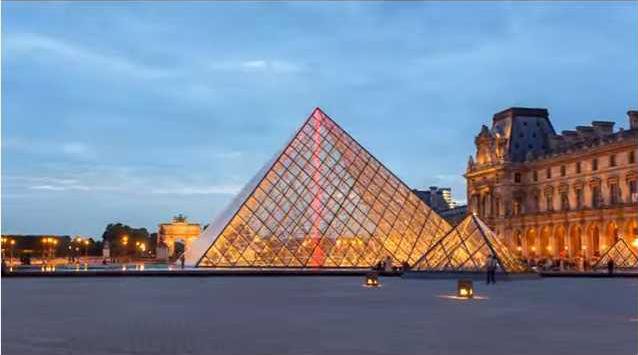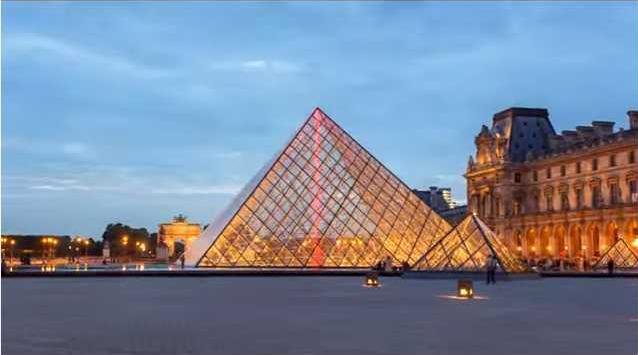MANCHESTER, England I believe you can feel homesick for countries and cities youve never been to.
There are places on my travel bucket list that have remained unchecked because adulthood is hard and despite what Instagram may seem to perpetuate, not everyone can drop everything to go abroad. (Im coming for you though, Italy. I really am.)
A timelapse photographer based in Manchester, England, has recently released a brilliant video that may scratch that itch for those of us unable to leave our desks for the time being.
Paul Richardson, who specializes in timelapse photography, video production and stock footage, put together an insane reel containing stunning shots of London, Paris and lots of spots in between.
This video showcases the results of many sleepless nights, hundreds of thousands of photos and countless hours shooting, Richardson wrote as the description for the YouTube video. I couldnt even begin to calculate how many hours of work there will be showcased in this piece, but I imagine its into the hundreds, if not thousands of hours.
Richardson wrote that specific shots were more difficult to capture than others, particularly the Northern Lights that show up at 1:23 in the video.
He said it took four days chasing the lights to capture that footage, writing, I stayed up every night, driving around trying to find clear patches in the night sky. But in four days, all I managed to capture was a sequence of 50 images.
Whether its photographing construction, the Louvre, a football match, the turning of the London Eye or gliding along Tower Bridge, Richardsons video is remarkable in more ways than one, the least of which how travel hungry I feel watching it.
You can follow him on his website or Facebook page.
There are places on my travel bucket list that have remained unchecked because adulthood is hard and despite what Instagram may seem to perpetuate, not everyone can drop everything to go abroad. (Im coming for you though, Italy. I really am.)
A timelapse photographer based in Manchester, England, has recently released a brilliant video that may scratch that itch for those of us unable to leave our desks for the time being.
Paul Richardson, who specializes in timelapse photography, video production and stock footage, put together an insane reel containing stunning shots of London, Paris and lots of spots in between.
This video showcases the results of many sleepless nights, hundreds of thousands of photos and countless hours shooting, Richardson wrote as the description for the YouTube video. I couldnt even begin to calculate how many hours of work there will be showcased in this piece, but I imagine its into the hundreds, if not thousands of hours.
Richardson wrote that specific shots were more difficult to capture than others, particularly the Northern Lights that show up at 1:23 in the video.
He said it took four days chasing the lights to capture that footage, writing, I stayed up every night, driving around trying to find clear patches in the night sky. But in four days, all I managed to capture was a sequence of 50 images.
Whether its photographing construction, the Louvre, a football match, the turning of the London Eye or gliding along Tower Bridge, Richardsons video is remarkable in more ways than one, the least of which how travel hungry I feel watching it.
You can follow him on his website or Facebook page.





